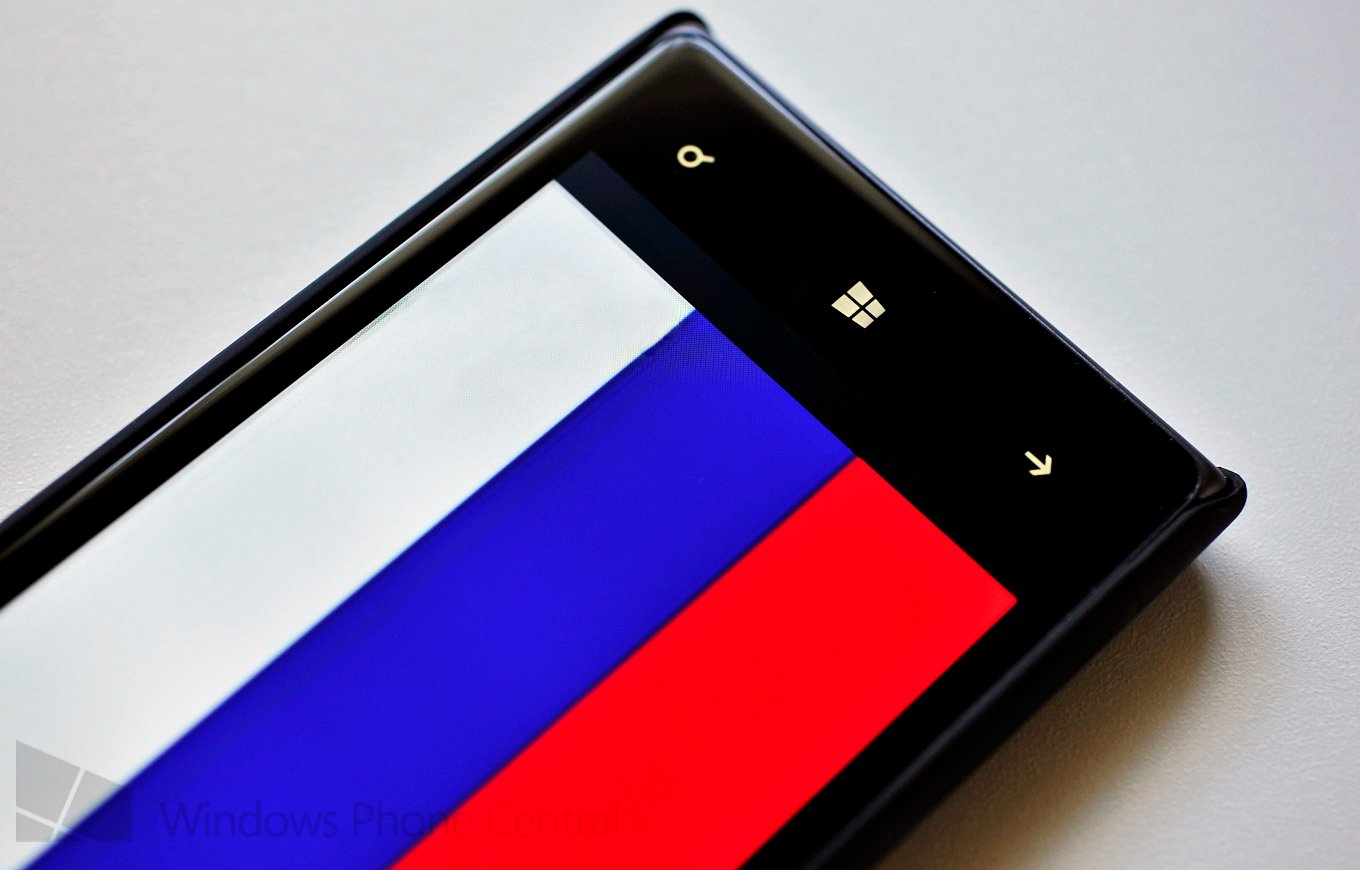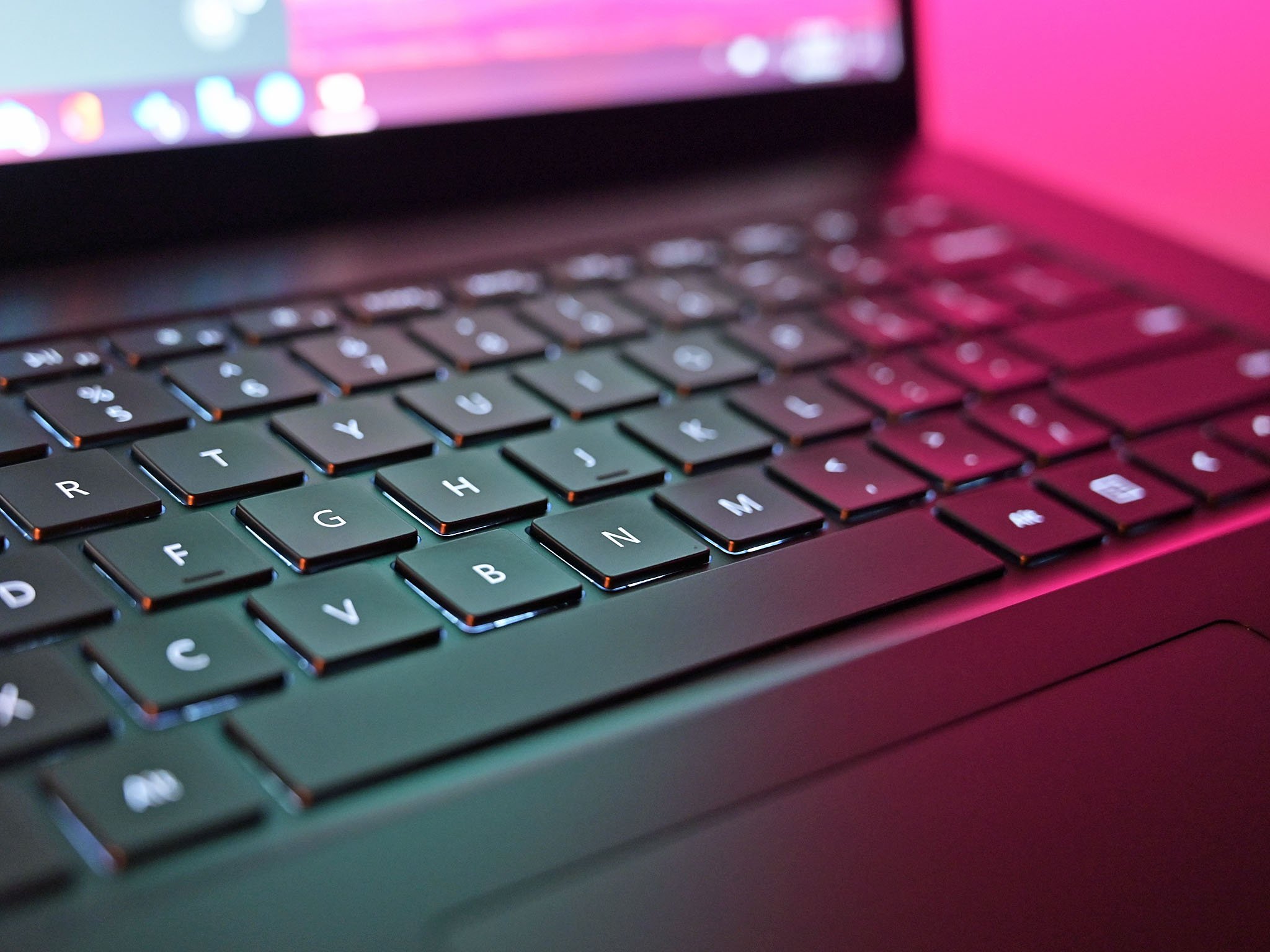Here's what Russia legalizing piracy could mean for tech companies
As Russia's war on Ukraine heats up, so too do the international ramifications.

Ever since Russia invaded Ukraine, more and more countries and companies have denounced the action and worked to sanction or otherwise punish the conflict's initiator. Said punishments have led to Russian President Vladimir Putin and his administration announcing increasingly drastic measures and threats.
In response to Big Tech moves such as Microsoft suspending sales in Russia, the country floated the idea it may nationalize or seize the assets of companies not playing ball. But that's not all: Kommersant, a Russian business publication, reported that authorities may give pirates free rein to go after products and services of companies based in countries that are currently supporting anti-Russia sanctions. In other words, sailing the high seas to get yourself a copy of Windows 11 may not be illegal if you live within Putin's borders.
Since piracy and internet-based proliferation are global phenomena, the question is if this move will impact the world and Big Tech as a whole. We spoke to experts to find out.
A pirate's life for me (and an entire country)

Before we examine the ramifications of what could be coming down the pipeline, let's quickly circle back to Kommersant's pirating claim. The publication states that software patents can be ignored by the government in emergency situations in accordance with Article 1360 of the Civil Code of the Russian Federation. There's also the potential abolishment of "criminal and administrative liability" for those who used pirated software belonging to copyright holders based in sanction-backing nations. Combined, these ingredients equal piracy with no legal consequence. But broader consequences? There will be plenty.
"I believe that doing business in Russia will become increasingly difficult and dangerous for foreign countries, which makes whatever profits are generated in Russia difficult to extract from the country, not to mention the fear of having corporate assets and executives imprisoned for seemingly any reason," said Anshel Sag, a senior analyst at Moor Insights & Strategy. "If anything, Russia's moves set it back about three decades when it was extremely risky to do business in Russia and the risk mostly outweighed the reward of doing business there for most western companies."
That's the drawback for Russia. If it goes all the way with this strategy, it runs the risk of undoing decades of progress in the international commerce sphere. But when it comes to these hypothetical outcomes of piracy legalization, there are more immediate, easily definable consequences for the companies on the other side.
Enter the danger zone

Though Sag foresaw a potential marginal uptick in global piracy rates, he reiterated that piracy's existing presence in Russia means the difference won't be vast.
Get the Windows Central Newsletter
All the latest news, reviews, and guides for Windows and Xbox diehards.
Forrester VP, Principal Analyst Jeff Pollard had similar thoughts. "There's evidence that piracy was already prevalent in Russia prior to these steps, particularly content consumption," he said.
Yugal Joshi, a partner at Everest Group, weighed in as well. "Russia in general is perceived to be a market where software piracy was more widely spread," he stated, continuing on to say "the materiality of the impact will be low."
If you give a pirate a cookie, it may want data hacks as well.
But even if we don't see an astronomical spike in the world's piracy rates, there will still be fresh fallout from countrywide legalization. Sag theorized it will make Russians more susceptible to viruses and cyber dangers, given how prevalent such things are in pirated content. Furthermore, companies that have already been weathering cybersecurity storms will now have to deal with a nation's worth of people who are legally emboldened to do whatever they want.
"The adjustment to policy and legality was certainly meant to encourage more hacks and theft," Pollard said. "Piracy includes distribution, and distribution requires software and content. Whether comes from cracks of released software (circumventing DRM), leaks of soon to be released software and/or content, and distribution of source code that was otherwise not released."
Sag agreed, highlighting that "this may create a bigger market for piracy in general which may result in more hackers trying to steal source code as we've seen happen to Apple and NVIDIA most recently."
For context, NVIDIA was recently hit by a data breach where criminals absconded with data then held it hostage. Cyberattacks such as this are a very real threat, even with most countries ready to punish citizens who partake in such activities, so unshackling the existing piracy scene in Russia from consequence could worsen the situation by a noticeable degree.
The risk of dealing with Russia could factor into future regional pricing and release models.
Sag noted NVIDIA's presence in Russia when it comes to software development could land it in a particularly uncomfortable position amid current political tensions.
When asked about which companies were most likely to be affected by a potential piracy legalization sweep, Pollard gave a different answer than Sag, discussing broader implications. "Media and non-cloud based software companies will experience the heaviest impact," he said. "Video games, streaming content (TV and Films) will experience some impact from this. And software that users download and install — like productivity suites, operating systems, and other software not provided via SaaS or subscription revenue experience the most harm from this. SaaS, Cloud based, and other subscription models would not see the same effects because those approaches have piracy protections built in to some extent."
Joshi also noted that the susceptibility of entertainment software and software in general could damage Russia in the future even when (if?) relations revert to their pre-invasion state. He predicted that in the future, vendors may build the cost of geopolitical risks into their Russian services and products, as well as "create solutions which can be terminated in case of copyright or royalties violations." Price hikes and kill switches could be on the horizon. This links back to Sag's comment that perhaps doing business with Russian entities will stop being worth it on the risk-vs-reward scale.
Too long; didn't pirate

The long and short of the current situation is that a lot of software could become fair game for Russian pirates, including much of what you, the reader, likely use right now. Without any risk of punishment, what was already a country with a piracy issue stands to become the Nassau of modern-day illegal software distribution.
But such freedom to pilfer goods comes at a cost. What legal operations persist in Russia may have to pick up the tab for pirates, and many companies may no longer treat Russian software releases the same way they treat those elsewhere. Furthermore, the risk of companies being attacked could skyrocket if no legal barrier stands between them and cybercriminals eager to plunder as much booty as their digital brigantines will allow.
When addressing software affected by Russia's current wartime policies, one cannot forget the Ukrainian software developers being impacted by the invasion of their homeland. As such, consider reading up on how Ukrainian game studios are responding to Russian attacks.
Robert Carnevale is the News Editor for Windows Central. He's a big fan of Kinect (it lives on in his heart), Sonic the Hedgehog, and the legendary intersection of those two titans, Sonic Free Riders. He is the author of Cold War 2395. Have a useful tip? Send it to robert.carnevale@futurenet.com.

